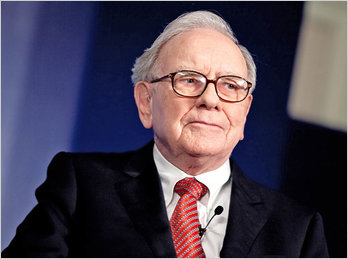![]() I’m far from being a technology early-adopter, but I think that Twitter’s Vine might catch on. The service allows users to shoot only six-second audio/video clips, which are looped and can be shared through social media. Its ease and forced brevity makes sense, since I believe people prefer a six-second update on some things, versus a longer YouTube clip.
I’m far from being a technology early-adopter, but I think that Twitter’s Vine might catch on. The service allows users to shoot only six-second audio/video clips, which are looped and can be shared through social media. Its ease and forced brevity makes sense, since I believe people prefer a six-second update on some things, versus a longer YouTube clip.
If a picture is worth 1,000 words, well then a Vine must be worth 6,000. Marketers, media and celebrities are already swinging on the Vine. Agencies like Ketchum are providing guidance. And clever members of the public are already showing how artistic the medium can be.
Will the service spread and menace like kuzdu, or become an irritant like poison oak? Time will tell. Either way, the service may already have implications in accelerating crisis management situations and helping manage these situations.
In the spirit of the service, here are only six quick examples: Continue reading Don’t Die on the Vine

 Like many, I was a little
Like many, I was a little  When I first formed the
When I first formed the 
 For spokespeople, being as repetitive as possible in a media interview is generally accepted as a pathway to success. Why? Perhaps the answer lies in 7s and 13s.
For spokespeople, being as repetitive as possible in a media interview is generally accepted as a pathway to success. Why? Perhaps the answer lies in 7s and 13s.